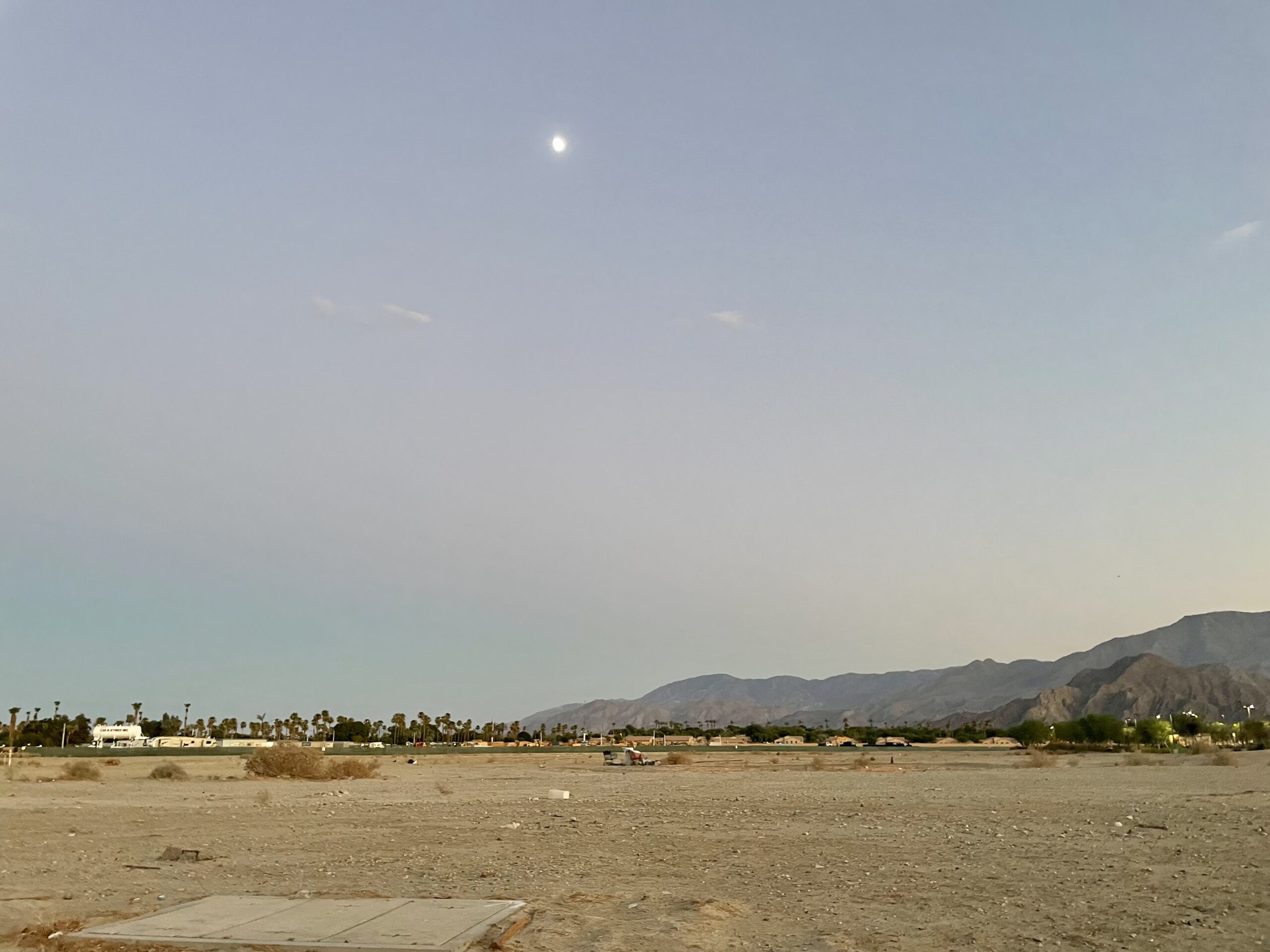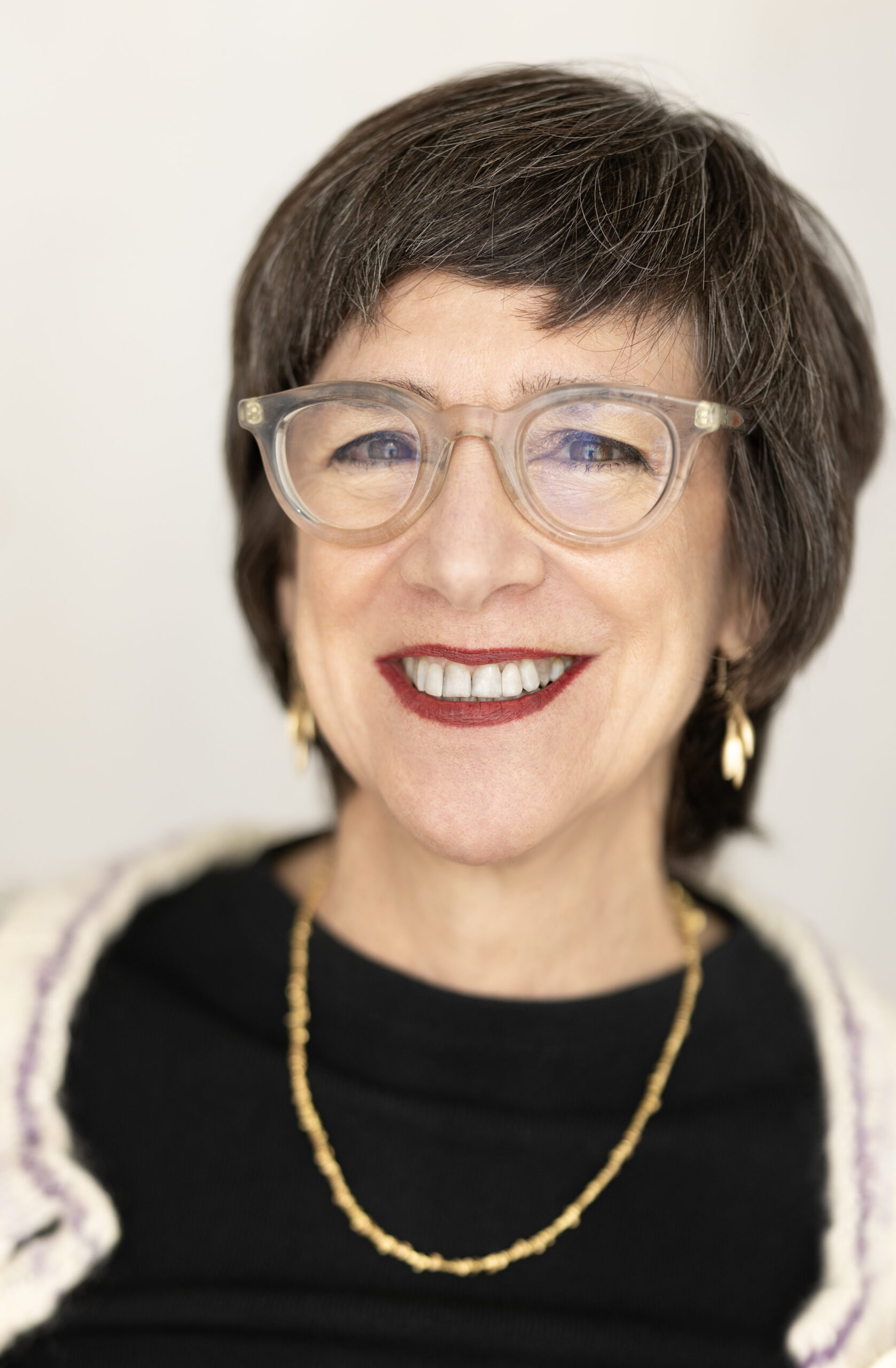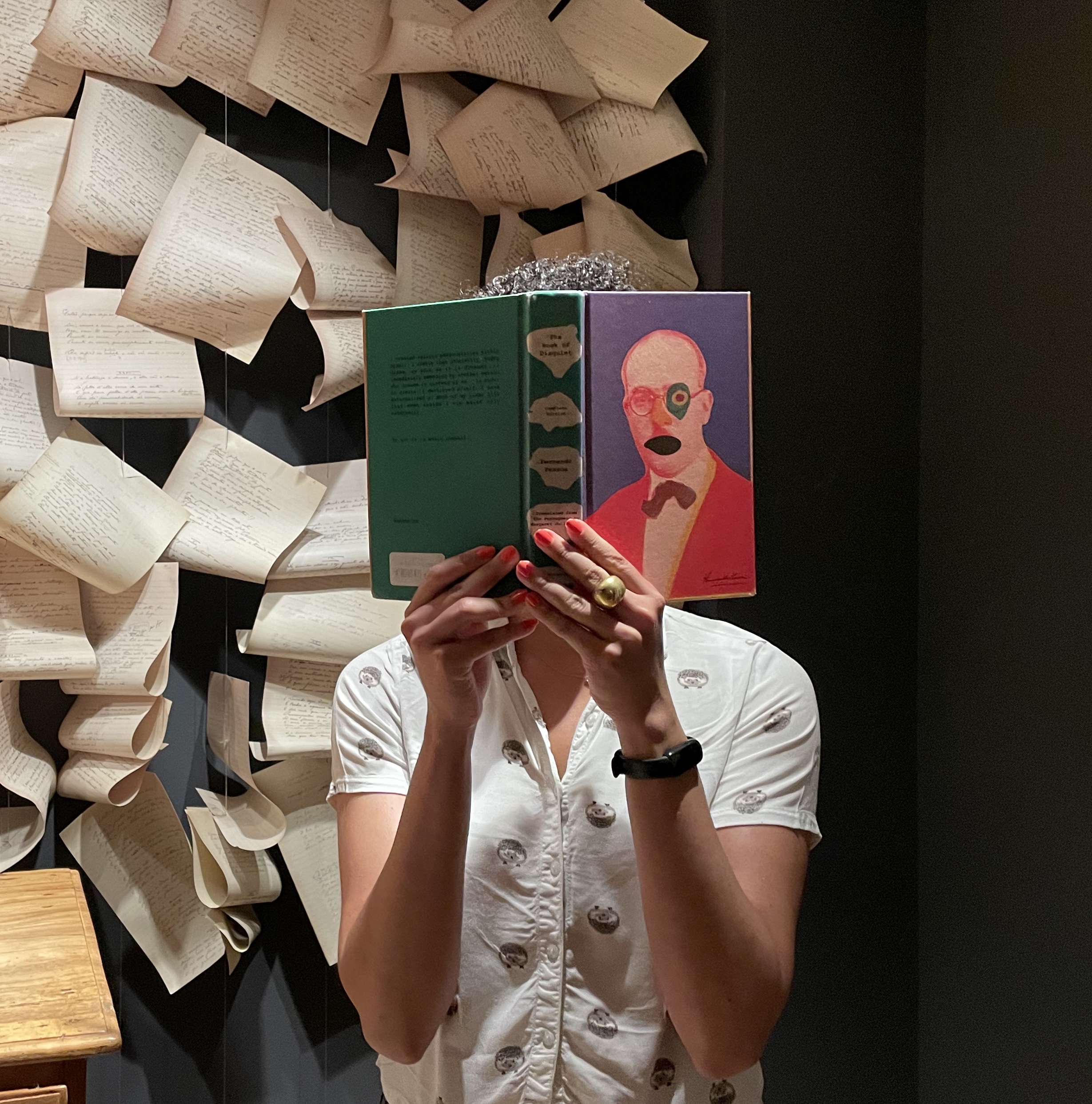in the coachella valley
children go to school and learn how to internalize silence
girls sit pretty with pigtails wrapped in bubble-ball hair ties
learn how to cast their eyes downward
so that when they ask the class what do you want to be when you grow up?
boys respond, i want to work in the fields like my dad
make a hundred a week
enough of this school
of these confined walls
in the fields at least
i’ll finally find my ground
in the coachella valley
children know violence before they know stability
can see it in their mothers and fathers who
wash their feet with vinegar
drink arsenic for water
abandon rest for tired-out bones
underpaid, palms waxed
rubbed-down glossy dips and hard knobs
lathered with aloe
why is it always so damn hot?
hot like the asphalt that burns through flat sneakers
not hot like mom’s chili
the fumes drive her kids
out into the streets lined with prayer
in the coachella valley
movement does not equal mobility
how do i begin to describe
how children are more familiar with the fields than they are with clean water
that even in 120 degrees, when the granules of a past life become pure light
there is still beauty in intense heat
that even as this landscape drives displacement
there is still beauty in the people
who are always in motion
Lizbeth Luevano is a current undergraduate student at Stanford University, studying environmental anthropology. Raised in the Coachella Valley, Lizbeth has a vested interest in using story reclamation to bring about narrative change, and unraveling how we navigate a geopolitical terrain where land and labor exploitation are irrevocably intertwined.




